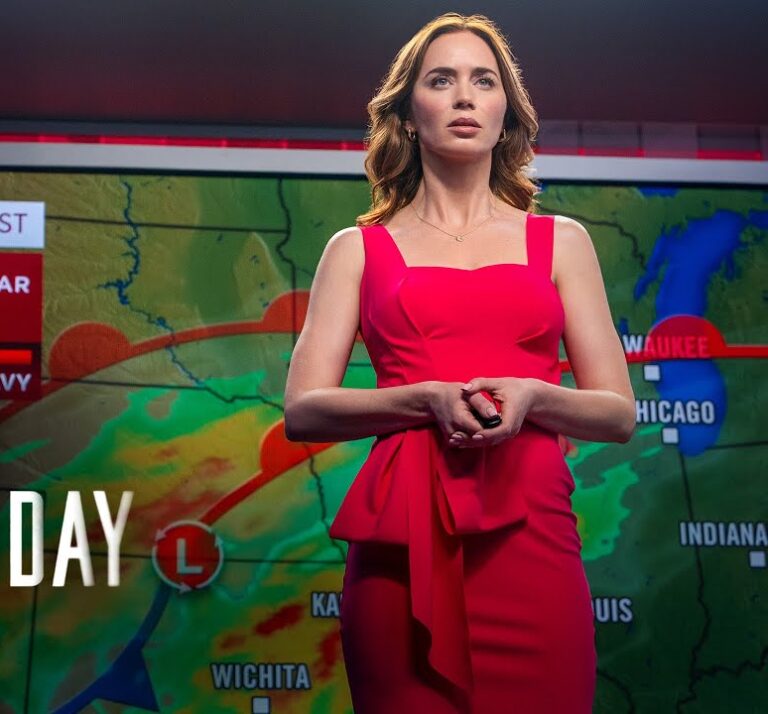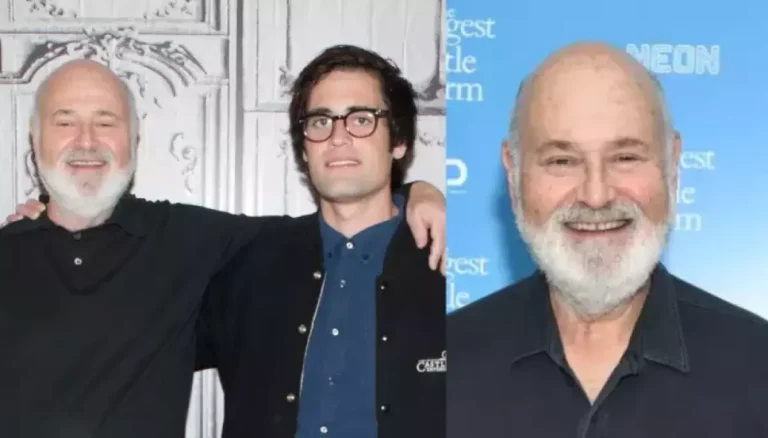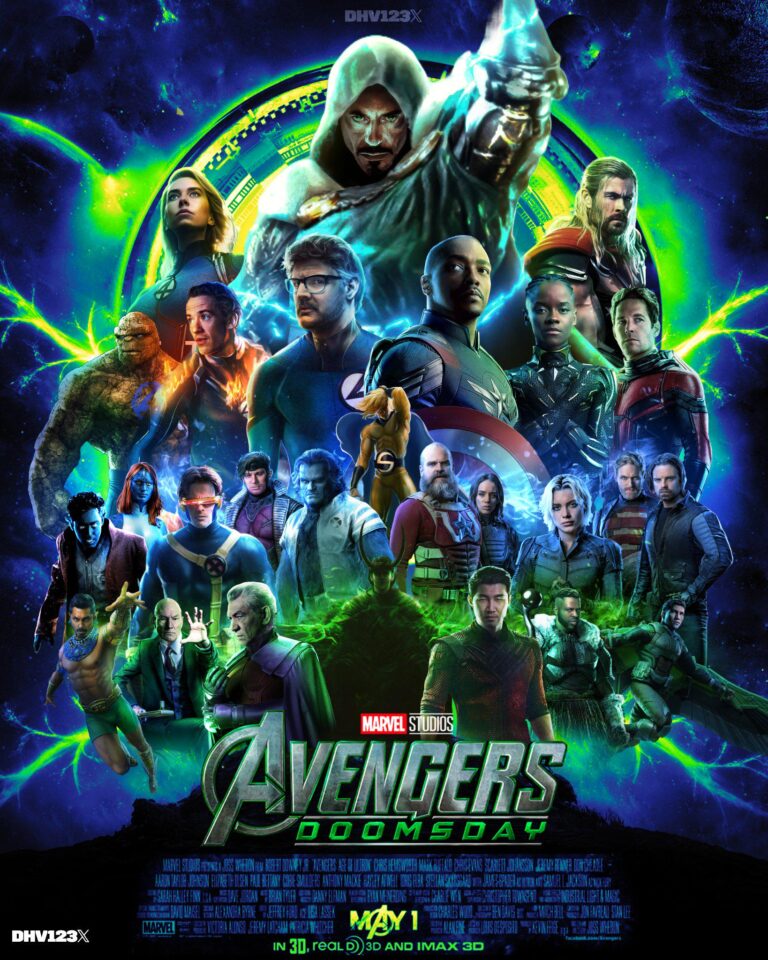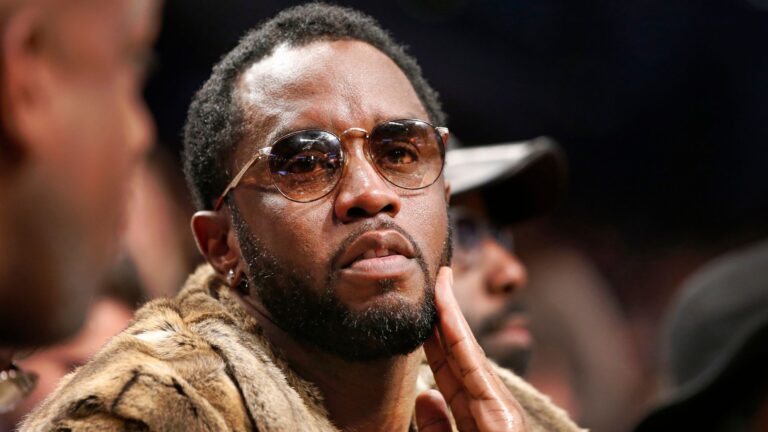Richard Perry, a hitmaker with standards and modern sounds who produced Carly Simon’s “You’re So Vain,” Rod Stewart’s “The Great American Songbook” series, and a Ringo Starr album with all four Beatles, died Tuesday. He was 82.
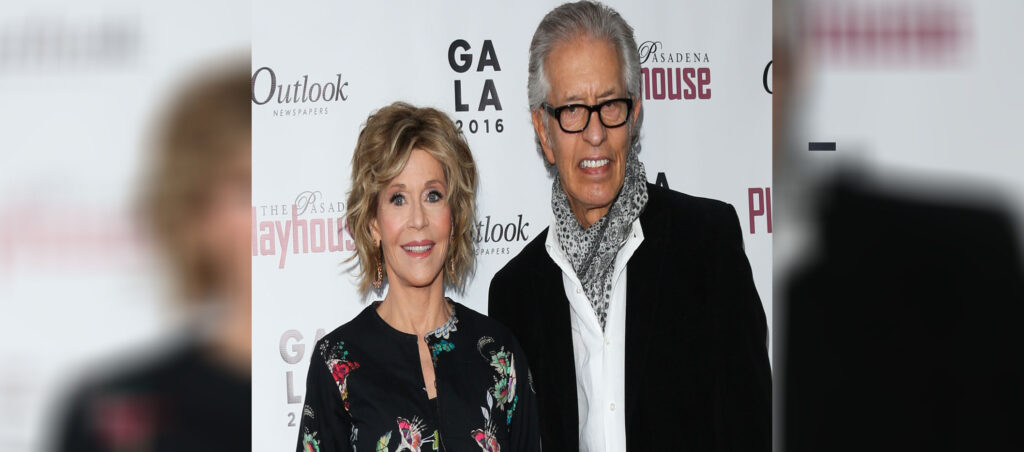
Freund Daphna Kastner said Perry, a 2015 Grammy Trustee Award winner, died of heart arrest in a Los Angeles hospital.
Kastner called him a “father friend” and godfather to her kid, saying he maximized his time here. His generosity, laughter, and sweetness improved the world. Without him, life may be less lovely. However, heaven is sweeter.”
Perry, a drummer, oboist, and doo-wop vocalist, was the unusual producer to have No. 1 successes in pop, R&B, dance, and country. Harry Nilsson’s “Without You” and The Pointer Sisters’ “I’m So Excited,” Tiny Tim’s “Tiptoe Through the Tulips” and Willie Nelson-Julio Iglesias’ “To All the Girls I’ve Loved Before” were among his performances. Perry was renowned as a “musician’s producer,” treating performers like peers rather than vehicles for his interests. Singers came to him to modernize their sound (Barbra Streisand), set back time (Stewart), resurrect their career (Fats Domino), or realize early promise.
“Richard had a knack for matching the right song to the right artist,” Streisand said in her 2023 memoir, “My Name is Barbra.”
Perry’s life had notable people and good venues. He went backstage for Little Richard and Chuck Berry’s 1950s concerts, sat in the third row for Otis Redding’s 1967 Monterey Pop Festival act, and attended the Rolling Stones’ “Let It Bleed” recording session. A week would see him dine with Paul and Linda McCartney one night and Mick and Bianca Jagger the next. After dating Elizabeth Taylor and Jane Fonda, he temporarily married Rebecca Broussard.
Stewart said in his autobiography, “Rod,” that Perry’s West Hollywood house was “the scene of much late-night skulduggery through the 1970s and beyond, and a place you knew you could always fall into at the end of an evening for a full-blown knees-up with drink, music and dancing.”
Perry arranged a Beatles reunion in the 1970s.
After producing a track on Starr’s first solo album, “Sentimental Journey,” he became closer to him through Nilsson and other friends. “Ringo,” released in 1973, proved the drummer was a commercial force with some notable guests. The record, which included Nilsson, Billy Preston, Steve Cropper, Martha Reeves, and all five Band members, reached No. 2 on Billboard and sold over 1 million copies. “Photograph,” co-written by Starr and George Harrison, and a version of “You’re Sixteen” were chart successes.
Perry and others remembered a custom, non-hit track best. Just three years after the Beatles broke up, John Lennon’s mock-anthem “I’m the Greatest” pulled three Beatles into the studio. Starr played drums and sang lead, Lennon played keyboards and backing vocals, and Beatles friend Klaus Voormann played bass. Harrison’s assistant called to ask whether the guitarist might join them while they were writing the tune. Harrison came shortly after.
“As I looked around the room, I realized that I was at the very epicenter of the spiritual and musical quest I had dreamed of for so many years,” Perry wrote in his 2021 memoir, “Cloud Nine.” After each class, a small group of friends stood quietly along the rear wall, happy to be there.
Although McCartney was not in town for “I’m the Greatest,” he helped write and arrange the ballad “Six O’Clock,” with Linda McCartney on backing vocals.
The previous year, Perry produced “You’re So Vain,” his closest to perfect record, which made pop history. Simon’s scathing ballad about an unnamed lover, with Voormann’s bass runs starting the song and Jagger joining on the chorus, reached No. 1 in 1972 and started a long-running debate over Simon’s target. Perry’s remark would mimic Simon’s own tardy response.
“I’ll take this opportunity to give my insider’s scoop,” he said in his book. “The person that the song is based on is really a composite of several men that Carly dated in the ’60s and early ’70s, but primarily, it’s about my good friend, Warren Beatty.”
Perry’s post-1970s work featured such big songs as The Pointer Sisters’ “Neutron Dance” and DeBarge’s “Rhythm of the Night,” along with albums by Simon, Ray Charles, and Art Garfunkel. He achieved his biggest success with Stewart’s million-selling “The Great American Songbook” CDs, a project made feasible by the rock star’s writer’s block and difficult private life. In the early 2000s, Stewart’s marriage to Rachel Hunter had ended, and Perry was among those comforting him. With Stewart trying to come up with fresh songs, he and Perry felt that an album of classics may work, including “The Very Thought of You,” “Angel Eyes,” and “Where or When.”
“We were at a back table in our favorite restaurant as we exchanged ideas and wrote them down on a napkin,” Perry wrote in his memoir. Stewart sang options softly. “As I sat there and listened to him sing, it was clear that we both sensed we were on to something,” Perry said.
Perry was born in New York City to musical parents Mark and Sylvia Perry, who co-founded Peripole Music, a pioneering youth instrument maker. He learnt drums and oboe and formed the Escorts, a doo-wop band that issued many songs, with his family’s support. As a University of Michigan music and theater student, he wanted to appear on Broadway. In the mid-1960s, he formed a production firm with a new friend, Gary Katz, who would work with Steely Dan and others, a “life-changing” choice.
Perry became a sensation by the end of the decade, working on Captain Beefheart’s cult album “Safe As Milk” and Tiny Tim and Ella Fitzgerald’s first CD “Ella,” containing Fitzgerald’s versions of Beatles, Smokey Robinson, and Randy Newman songs. He produced Streisand’s million-selling “Stoney End” album in the early 1970s, on which she moved away from her show tune roots and covered pop and rock songs like Laura Nyro’s title track and Gordon Lightfoot’s “If You Could Read My Mind.”
As soon as we met, I liked Richard. In her memoir, Streisand described him as tall and lanky with dark, curly hair and a big smile that matched his big heart. “He brought songs to our first meeting, and we listened. Whatever hesitation I may have felt about our collaboration soon vanished and I thought, ‘This could be fun, and musically liberating.’”
